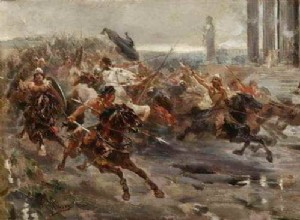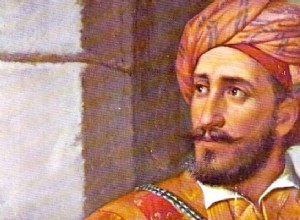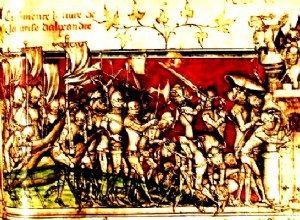There have been several theories that historians have handled in the fall of the Roman Empire , one of the largest and most influential in all of history. Personally, I believe that there were several causes, with the aggravating factor of the logical wear and tear of so many years fighting on vario




